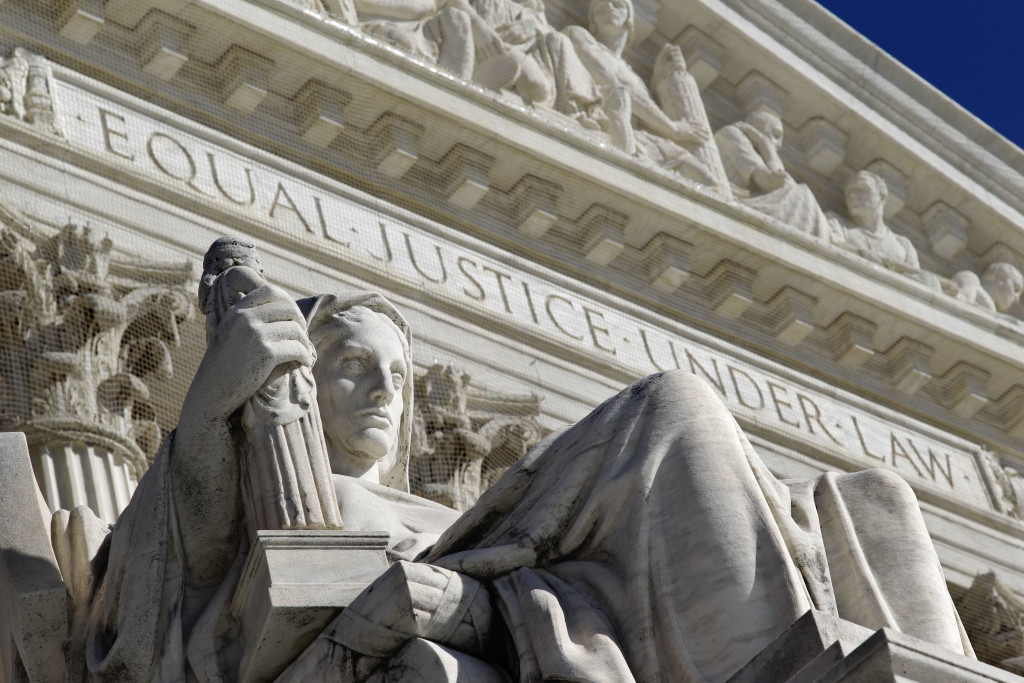Should Juvenile Killers Be Sentenced to Life Without Parole?

March 20, 2012
Share
The U.S. Supreme Court is hearing arguments in two cases today that challenge the constitutionality of sending 14-year-olds away for life after committing murder. One case involves Kuntrell Jackson, a teen from Arkansas who was involved in a movie store robbery that left the cashier dead. The other focuses on Evan Miller, convicted of the arson-murder of his neighbor in Alabama. Currently, there are almost 80 “juvenile killers” around the country, who were sentenced at age 14 and who will remain in prison for the rest of their lives.
The latest cases follow two recent rulings that limited the type of penalties that can be doled out to underage defendants. In 2005, the Supreme Court ruled that sentencing juveniles to death was unconstitutional; four years later, the court decided the same for juveniles sentenced to life without the possibility of parole in cases that did not involve a homicide.
Listen to Nina Totenberg’s piece on NPR’s Morning Edition for background on the cases at hand, as well as astute reporting on the legal arguments likely to take center stage today. She recounts the lives of Jackson and Miller — Miller was “so brutalized as a child that by the time he was arrested for murder at age 14, he had tried to kill himself six times, the first time when he was 5 years old” — and explores different arguments as to whether or not juveniles who kill are capable of rehabilitation.
FRONTLINE took a hard look at the juvenile sentencing laws in one state — Colorado — back in 2007 for our film When Kids Get Life. We looked at the cases of five boys (now men) sentenced to live without the possibility of parole, and interviewed experts on the topic.
In 2006, Colorado passed a bill ending its practice of sentencing juveniles to life without parole; instead, juveniles who receive a life sentence will have to serve 40 years before they are eligible for parole. But the bill was not retroactive, and the 45 former juveniles now serving life without parole in Colorado — including the five we profiled — will likely die in prison.
The United States is one of the only countries in the world that allows children under 18 to be sentenced to life without parole.
Latest Documentaries
Explore
Policies
Teacher Center
Funding for FRONTLINE is provided through the support of PBS viewers and by the Corporation for Public Broadcasting, with major support from Ford Foundation. Additional funding is provided the Abrams Foundation, Park Foundation, John D. and Catherine T. MacArthur Foundation, Heising-Simons Foundation, and the FRONTLINE Trust, with major support from Jon and Jo Ann Hagler on behalf of the Jon L. Hagler Foundation, and additional support from Koo and Patricia Yuen. FRONTLINE is a registered trademark of WGBH Educational Foundation. Web Site Copyright ©1995-2025 WGBH Educational Foundation. PBS is a 501(c)(3) not-for-profit organization.



















